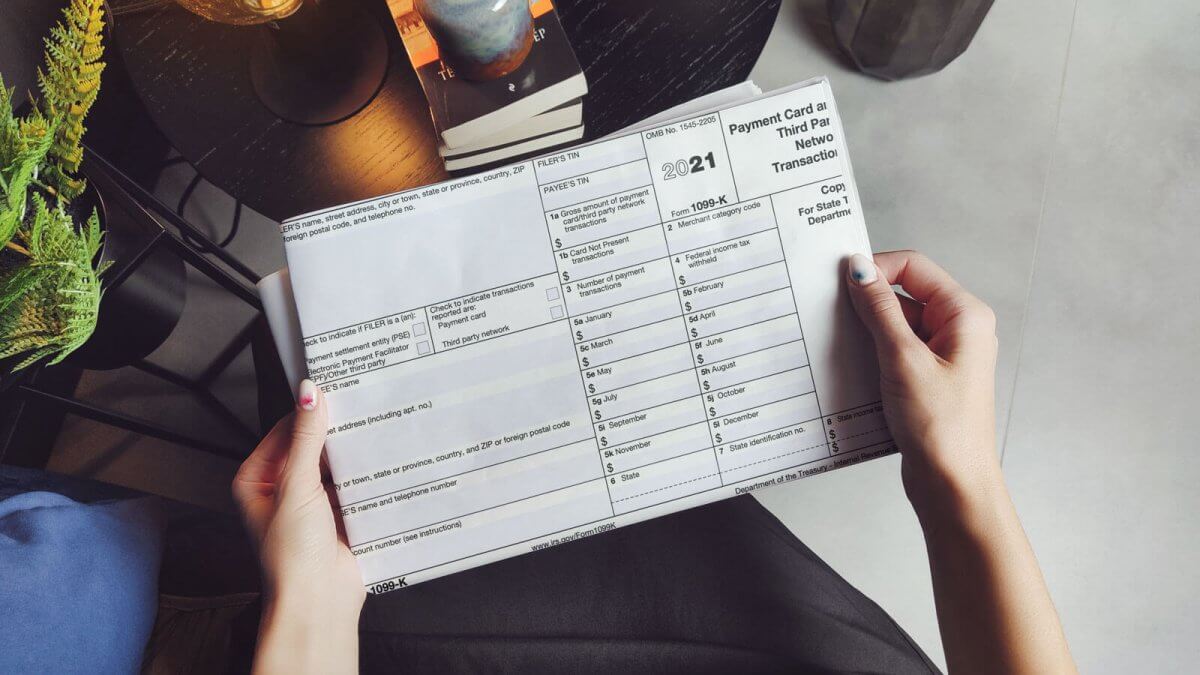The Day – Connecticut
Patent trolls damage innovation here and across the country
Posted: 09/22/2013 12:00 AM
There’s a growing and pernicious threat facing Connecticut’s businesses: Patent trolls. These companies, also known as patent assertion entities (PAEs), exist solely to exploit and intimidate based on dubious or overly broad patents, hurting businesses and stifling innovation. Using the threat of litigation, patent trolls are targeting an increasingly broad array of businesses – moving on from just technology companies to Main Street businesses – and sucking billions out of the economy while doing it.
Major Connecticut companies like Sikorsky, ESPN and Foxwoods have all been sued by patent trolls. But so too have small businesses, like Southeastern Employment Services, a company that finds jobs for people with disabilities located in Old Lyme. They received a letter from a patent troll threatening a lawsuit for using the scan-to-email function on its business copier. The patent troll demanded a licensing fee for each employee – a cost totaling more than $75,000. Businesses shouldn’t have to pay outrageous sums of money or go to court just to use the equipment that they fairly and legally purchased or to engage in basic business practices. Small and medium-sized companies are the most frequent patent troll targets, and they cannot afford to fight back.
Companies targeted by patent trolls are being forced to choose between two undesirable options: pay an exorbitant licensing fee to the troll, or go to court. Both options hurt businesses. The average cost for small and medium sized companies to defend themselves in court is $1.75 million, slightly less than the average $1.33 million licensing fee companies are often forced to pay. That’s money that’s not being used to hire workers or create new products.
And the problem is getting worse. The number of patent lawsuits has doubled since 2005. More alarming is that the number of suits brought by PAEs quadrupled in that time, with more than half of all patent-infringement lawsuits brought in the last year being initiated by these entities. The White House recently estimated that patent trolls sent out more than 100,000 patent infringement letters last year alone.
It’s legitimate businesses that are paying the price, literally. U.S. businesses paid out $29 billion to patent trolls in 2011. And when lawyer fees and other indirect costs are added in, the total cost to the U.S. economy came to $80 billion.
The rise in patent cases reflects the expansion of the trolls’ targets. For years, the targets were software developers, Internet companies and start-ups. But increasingly, trolls are going after hotels, restaurants, coffee shops and even charities for common practices like allowing job candidates to apply online, including hyperlinks on their websites, offering an online shopping cart or even providing wifi to customers.
These business method patents – which claim protection for established ways of doing routine business like scanning to email, are some of the most abused. These patents are litigated nine times more often than other patents. And once these cases go to court, the trolls lose 85 percent of the time.
That’s why Congress should act.
In June, the White House issued a package of executive orders and legislative proposals to address this problem. Congress is considering a number of bills to discourage frivolous patent litigation and stop nuisance settlements. Bipartisan legislation has been introduced that would create a cheaper and faster alternative to litigation, by allowing companies to take disputes over business method patents to the U.S. Patent and Trademark Office (PTO) rather than the courts. The administration and the Patent Office should also look at ways to stop bad patents from being issued in the first place.
Taken together, these steps will promote innovation, support U.S. and Connecticut businesses and strengthen our economy. As Congress returns, stopping bad patents and stopping the trolls needs to be a top priority.
###










